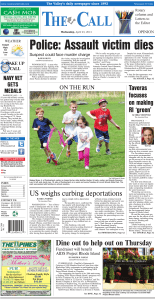試験問題 - 須磨学園

No more boring flashcards learning!
Learn languages, math, history, economics, chemistry and more with free Pubdoc Extension!
- Distribute all flashcards reviewing into small sessions
- Get inspired with a daily photo
- Import sets from Anki, Quizlet, etc
- Add Active Recall to your learning and get higher grades!











